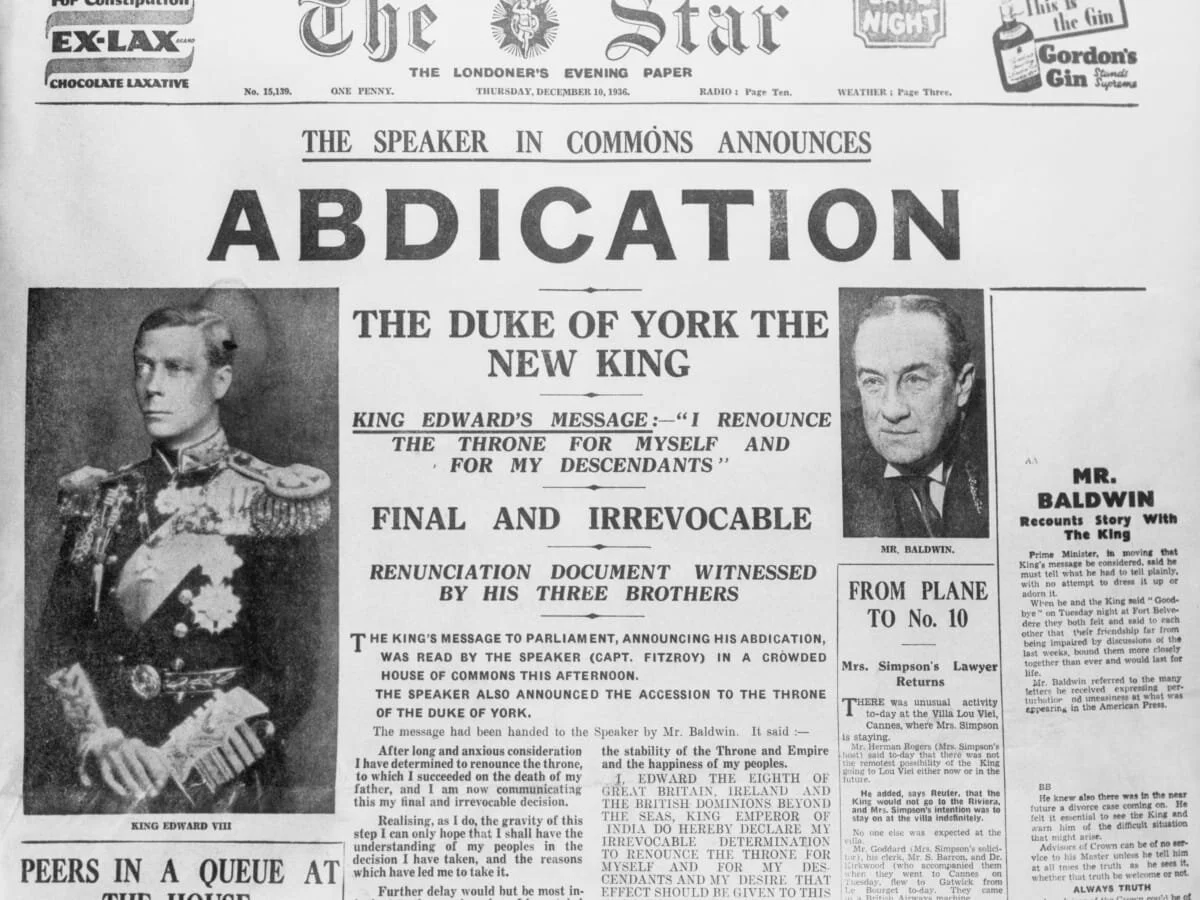With the passing of Easter Sunday, those of us who celebrate the liturgical church calendar now turn towards the coming of Pentecost. I can’t think of two more challenging realities to integrate into my life—that death is not the end of the story and I have been given great power.
As a therapist I think a lot about power. What experiences leave us powerless? How do we cope? What power were we meant to have in our stories that was taken from us? But recently I’ve also realized:
We suffer not only when innate power over our personhood is shackled but also when we are forced to exercise power we were never intended to hold.
The movie The King’s Speech (2010) is a fascinating study in the ripple effects of abdicated power. When King Edward VIII hands over the throne to his younger brother, the course of both men’s lives, a royal family and a nation are changed forever. At one point in the movie Geoffrey Rush’s character, a speech therapist named Lionel, asks the Duke of York (soon to become King George VI played by Colin Firth), “Where does this leave you?”
It’s a poignant and important question. Who abdicated power in your story and where did that leave you stumbling through a role you were never prepared to play? What were the gifts and scars those scenes embedded in your life?
This month, my online membership program, Between Touches, will use this piercing film to exam the role power played our own young stories. Join us, in this unique spiritual season, as we long to rest in the reality that death has been conquered and yet still find ourselves desperate to see that same power manifested in our lives.



